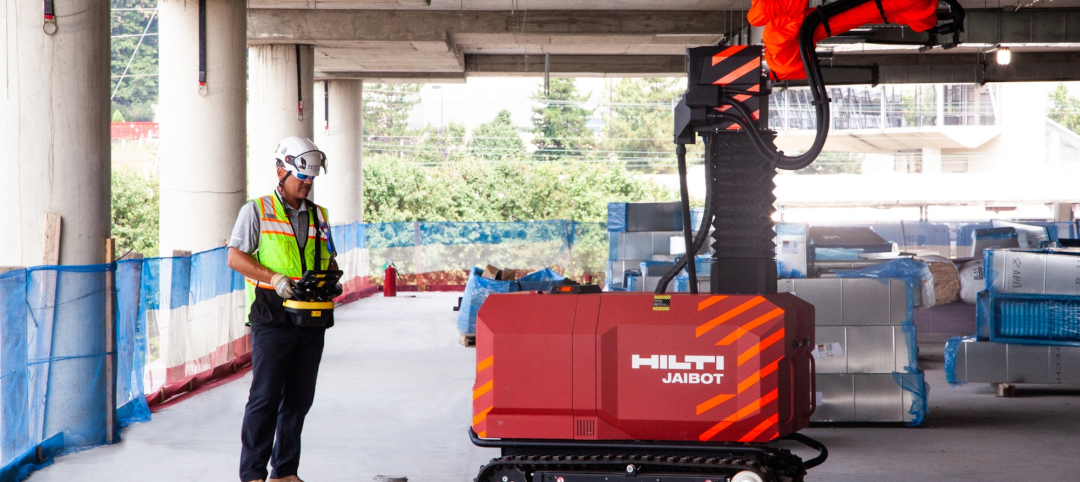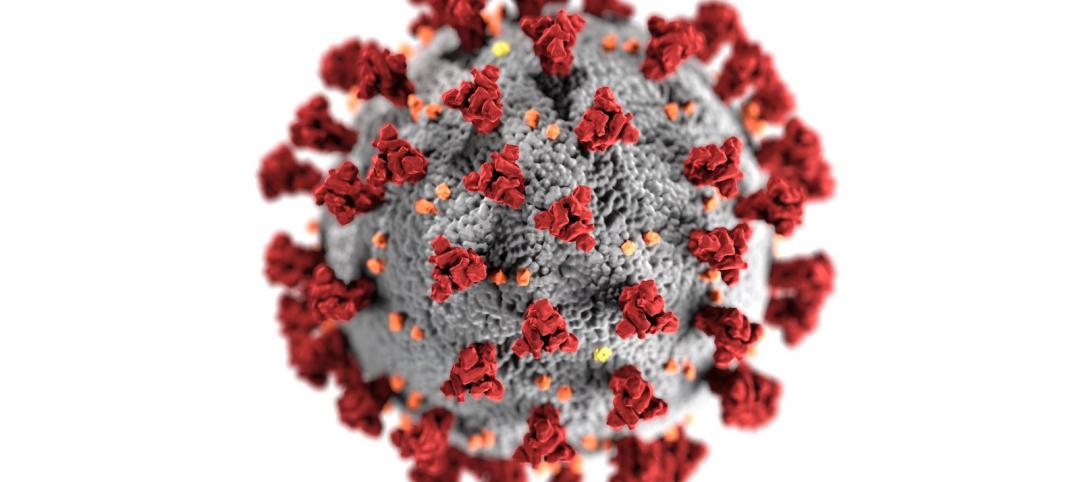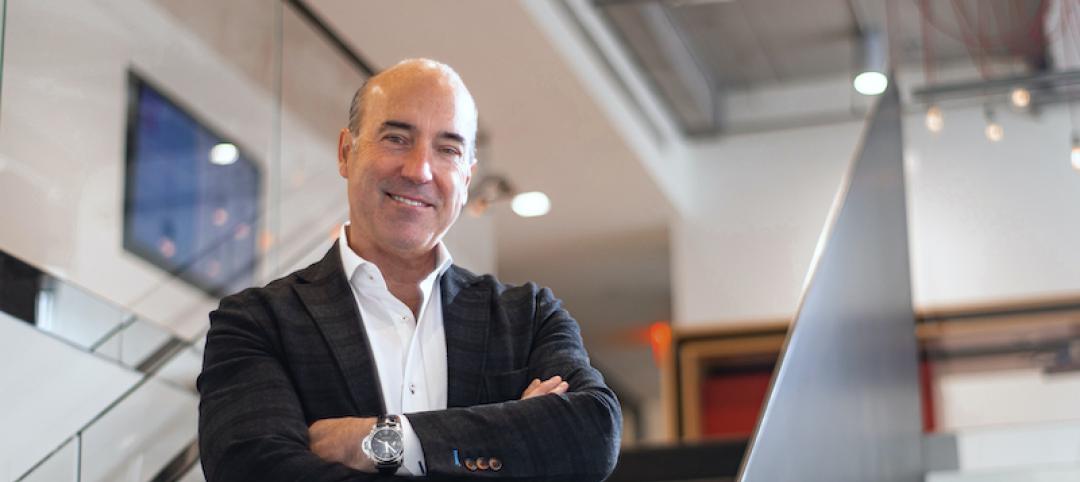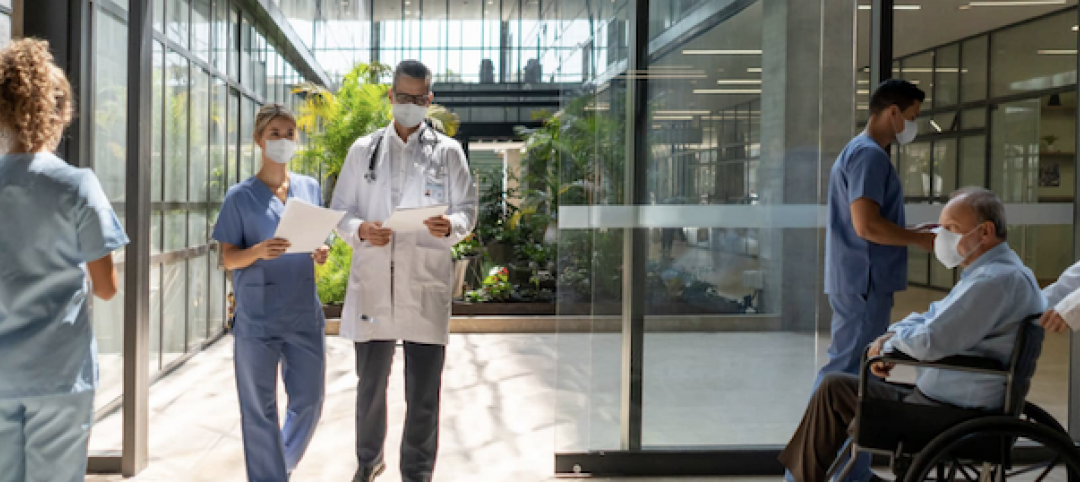As the construction industry tries to figure out how to start working again under pandemic conditions that are still prevalent in many parts of the country, companies are left to sort out evidence- and science-based facts and possible solutions from quick-fix remedies and instinctual responses that, in the long-rum, could do more harm than good.
To assist construction companies in these efforts, The Castle Group, a communications strategy firm, has created a COVID-19 Crisis Response Task Force, which provides medical expertise, alerts and analysis, weekly briefing calls, company specific projects, and business recovery planning and continuity.
In forming this task force, The Castle Group collaborated with Dr. David Shulkin, FACP, the former Secretary of the U.S. Department if Veterans Affairs, who is currently president of a consulting firm that works with healthcare organizations and companies to innovate and improve wellbeing for patients.
Its other partner in this endeavor is Dr. Michael R. Jaff, DO, the chief medical officer of a global medical device manufacturer, and a professor of medicine at Harvard Medical School.
Sandy Lish, The Castle Group’s principal, notes that her firm can bring to the table expertise in crisis communications that, in the case of several construction firms she’s heard from, often lack reliable medical information. Castle’s areas of expertise touch on human resources, best practices, and employee re-assimilation.
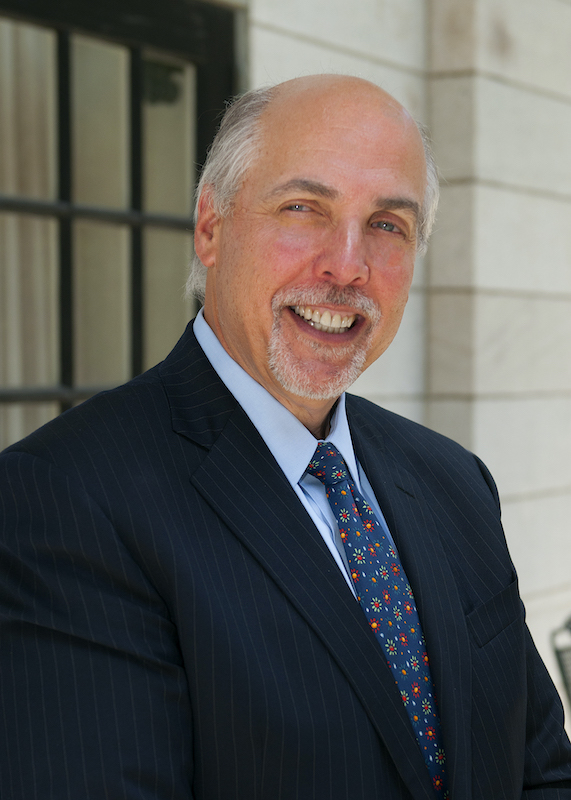
Dr. Michael R. Jaff, one of the medical experts collaborating with The Castle Group on its COVID-19 Crisis Response Task Force.
Last month, The Castle Group sent out an email blast to its database about the task force’s services. Jaff says that its first client was an assisted-living facility that wasn’t satisfied with how it conveyed information to its customers. “We changed the course of their situation by encouraging them to change their strategy from reactive to proactive,” says Jaff.
Lish and Jaff point out that what’s also missing in many companies’ messaging is the “looking ahead” at what might happen medically, which is something the task force can also help its clients with. “Being able to anticipate shifts gives you the ability to be nimble” in response to those shifts, says Jaff.
He goes on to say there’s a “desperate need” for consistent information platforms, in terms of available testing, therapies, and so forth. “Otherwise, you end up with what we have now,” he says: an uncoordinated hodgepodge of public and private sector actions.
Over the next six to 12 months, Castle’s COVID-19 response team’s mission could broaden to include other diseases and ailments that employees might contract, regardless of how quickly a vaccine for COVID-19 emerges. “Companies need longer-term communications strategies,” says Lish.
Related Stories
Augmented Reality | Jan 27, 2023
Enhancing our M.O.O.D. through augmented reality therapy rooms
Perkins Eastman’s M.O.O.D. Space aims to make mental healthcare more accessible—and mental health more achievable.
K-12 Schools | Nov 30, 2022
School districts are prioritizing federal funds for air filtration, HVAC upgrades
U.S. school districts are widely planning to use funds from last year’s American Rescue Plan (ARP) to upgrade or improve air filtration and heating/cooling systems, according to a report from the Center for Green Schools at the U.S. Green Building Council. The report, “School Facilities Funding in the Pandemic,” says air filtration and HVAC upgrades are the top facility improvement choice for the 5,004 school districts included in the analysis.
Giants 400 | Nov 14, 2022
4 emerging trends from BD+C's 2022 Giants 400 Report
Regenerative design, cognitive health, and jobsite robotics highlight the top trends from the 519 design and construction firms that participated in BD+C's 2022 Giants 400 Report.
Healthcare Facilities | Jun 20, 2022
Is telehealth finally mainstream?
After more than a century of development, telehealth has become a standard alternative for many types of care.
Coronavirus | May 20, 2022
Center for Green Schools says U.S. schools need more support to fight COVID-19
The Center for Green Schools at the U.S. Green Building Council released a new report detailing how school districts around the country have managed air quality within their buildings during the second year of the COVID-19 pandemic.
Industry Research | Mar 9, 2022
Survey reveals five ways COVID-19 changed Americans’ impressions of public restrooms and facilities
Upon entering the third year of the pandemic, Americans are not only more sensitive to germs in public restrooms, they now hold higher standards for the cleanliness, condition and technology used in these shared spaces, according to the annual Healthy Handwashing Survey™ from Bradley Corporation conducted in January.
Codes and Standards | Feb 21, 2022
New standard for ultraviolet germicidal irradiation
The Illuminating Engineering Society (IES) recently introduced the standard, ANSI/IES RP-44-21 Recommended Practice: Ultraviolet Germicidal Irradiation.
Coronavirus | Jan 20, 2022
Advances and challenges in improving indoor air quality in commercial buildings
Michael Dreidger, CEO of IAQ tech startup Airsset speaks with BD+C's John Caulfield about how building owners and property managers can improve their buildings' air quality.
Coronavirus | Jul 20, 2021
5 leadership lessons for a post-pandemic world from Shawmut CEO Les Hiscoe
Les Hiscoe, PE, CEO of Shawmut, a $1.5 billion construction management company headquartered in Boston, offers a 5-point plan for dealing with the Covid pandemic.
Resiliency | Jul 15, 2021
A new report urges federal investment in healthier buildings
The National Institute of Building Sciences also calls for code changes and greater cooperation between building owners and the AEC community.





